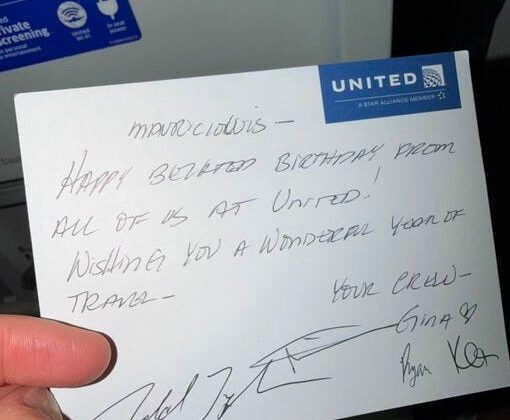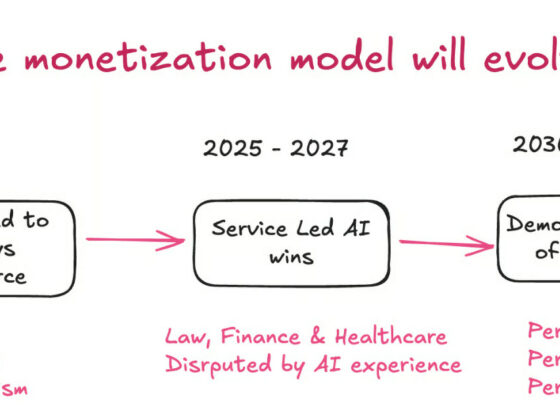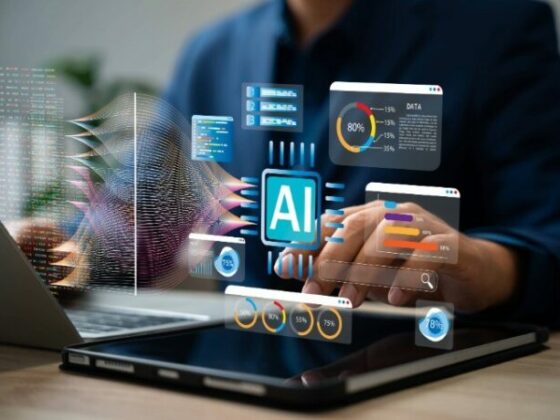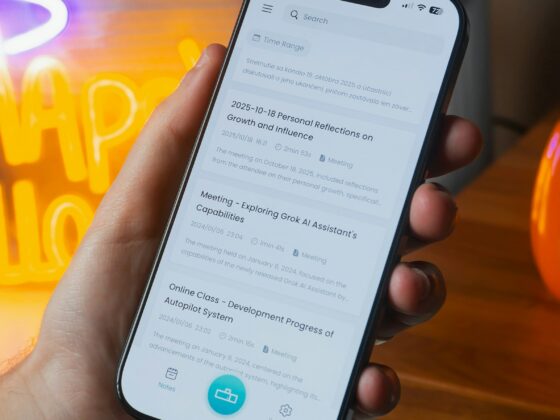
I watched a Director of Sales break down last month.
Not from pressure. Not from targets.
From irrelevance.
His 22 years of relationship-building couldn’t compete with a junior salesperson armed with predictive analytics and real-time demand forecasting. The painful truth? Both were wrong. One relied entirely on intuition. The other worshipped the algorithm.
Here’s what nobody tells you about the future of hotel sales: It’s not human OR machine. It’s human PLUS machine.
And the leaders who understand this distinction will dominate the next decade of hospitality revenue growth.
The Old Playbook Is Burning
Let me be direct.
Traditional hotel sales is dying. The playbook that worked in 2015—cold calling corporate travel managers, hosting client dinners, relationship selling—still matters. But it’s no longer enough.
Revenue management systems predict demand patterns you’ll never spot manually. AI analyzes guest sentiment across 47 review platforms while you sleep. Dynamic pricing algorithms adjust rates 600 times per day based on competitive intelligence your team can’t humanly track.
Yet here’s the paradox: Technology without human judgment is just expensive noise.
I’ve seen hotels implement six-figure revenue management systems only to override every recommendation because “that’s not how we do things here.” I’ve watched sales teams ignore CRM data because “I know my clients better than any software.”
Both approaches fail.
The Uncomfortable Truth About Sales Leadership Today
Most sales directors fall into two camps:
Camp 1: The Technology Resisters They’ve built careers on handshakes and gut instinct. They dismiss data as “just numbers” and pride themselves on “reading the room.” Their WhatsApp is full of client relationships. Their CRM? Empty.
Camp 2: The Algorithm Worshippers They trust dashboards more than people. Every decision needs a data point. They optimize conversion rates but can’t have a conversation with a Fortune 500 executive without checking their phone.
Neither camp wins.
The real opportunity? Hybrid intelligence.
What Hybrid Intelligence Actually Means
Think of it this way.
A predictive algorithm tells you a pharmaceutical company will need 80 room-nights next quarter based on conference patterns, booking velocity, and industry trends. That’s machine intelligence.
Your job? Call the executive. Understand their merger anxiety. Learn about their VP’s dietary restrictions. Negotiate the meeting room package that solves their real problem—not the one the data predicted.
That’s human intelligence.
When you combine them? You don’t just win the business. You create a partnership the algorithm never saw coming.
Five Shifts Every Sales Leader Must Make Right Now
1. From Relationship Manager to Relationship Architect
Stop being the person who “knows everyone.” Start being the person who designs systems that scale relationships.
I worked with a sales team managing 200+ corporate accounts manually. We implemented a simple workflow that flagged at-risk accounts based on booking frequency and email engagement. Response rates jumped 34% in eight weeks.
The human touch didn’t disappear. It became strategic.
2. From Forecasting to Nowcasting
Your monthly revenue forecast is already outdated. Modern hotel sales requires real-time intelligence.
When flight cancellations spike due to weather, your system should trigger proactive outreach to stranded passengers within 90 minutes. When a competitor raises rates, your yield strategy should adjust before lunch.
But here’s the human part: You decide which opportunities to chase. The machine spots the pattern. You evaluate the profit margin, brand fit, and strategic value.
3. From Selling Rooms to Solving Problems
AI can tell you what a client needs. Only you can understand why.
A corporate booker requests 40 rooms for three nights. The booking engine processes it. But you—the human—notice their previous stays always included team-building activities. You proactively offer the meeting space, arrange the outdoor venue, and suggest the chef’s special menu.
The machine got you the meeting. You got the upsell, the renewal, and the referral.
4. From Competing on Price to Competing on Precision
Rate parity destroyed price-based selling. OTAs made comparison shopping effortless. Your only advantage now? Precision personalization at scale.
Use AI to segment your database into 47 micro-categories. Then craft human-written outreach that speaks directly to each segment’s pain points. A medical conference planner needs different messaging than a wedding coordinator. The technology handles the segmentation. Your creativity handles the conversion.
5. From Command-and-Control to Coach-and-Collaborate
Your sales team doesn’t need another motivational speech about hitting targets.
They need you to teach them how to interpret STR data. How to read sentiment analysis. How to use chatbot transcripts to identify objection patterns. How to blend LinkedIn insights with property management system data.
Leadership in the age of AI isn’t about having all the answers. It’s about building teams who know which questions to ask the technology—and which to ask each other.
The Skills Gap Nobody’s Talking About
I review dozens of hotel sales job descriptions every month. Most list the same requirements they did in 2010.
“Strong relationship skills.” “Proven track record.” “Self-motivated.”
Where’s the requirement for data literacy? For understanding APIs? For prompt engineering to get better outputs from AI tools?
Here’s what should terrify you: The next generation of sales leaders is being trained in tech companies, not hotel schools. They’ll enter hospitality fluent in Python, predictive modeling, and machine learning. And they’ll take your job.
Unless you adapt first.
The Leaders Who Win Will Master Three Things
Empathy that technology can’t replicate. Understanding that the corporate travel manager who seems “difficult” is actually under pressure from CFO cost-cutting mandates. That’s human insight.
Speed that humans can’t match. Responding to an RFP in 90 minutes instead of three days because AI drafted 70% of the proposal. That’s competitive advantage.
Judgment that neither can do alone. Knowing when to override the algorithm’s rate recommendation because you’re building a long-term partnership worth more than this quarter’s ADR. That’s wisdom.
The Bottom Line
The future of hotel sales isn’t about choosing between relationships and algorithms.
It’s about being the leader who deploys technology to amplify human expertise—not replace it.
Your competitors are already doing this. Right now. While you read this.
The question isn’t whether you’ll adopt hybrid intelligence.
The question is whether you’ll lead it—or be left behind by it.
What’s your next move?








